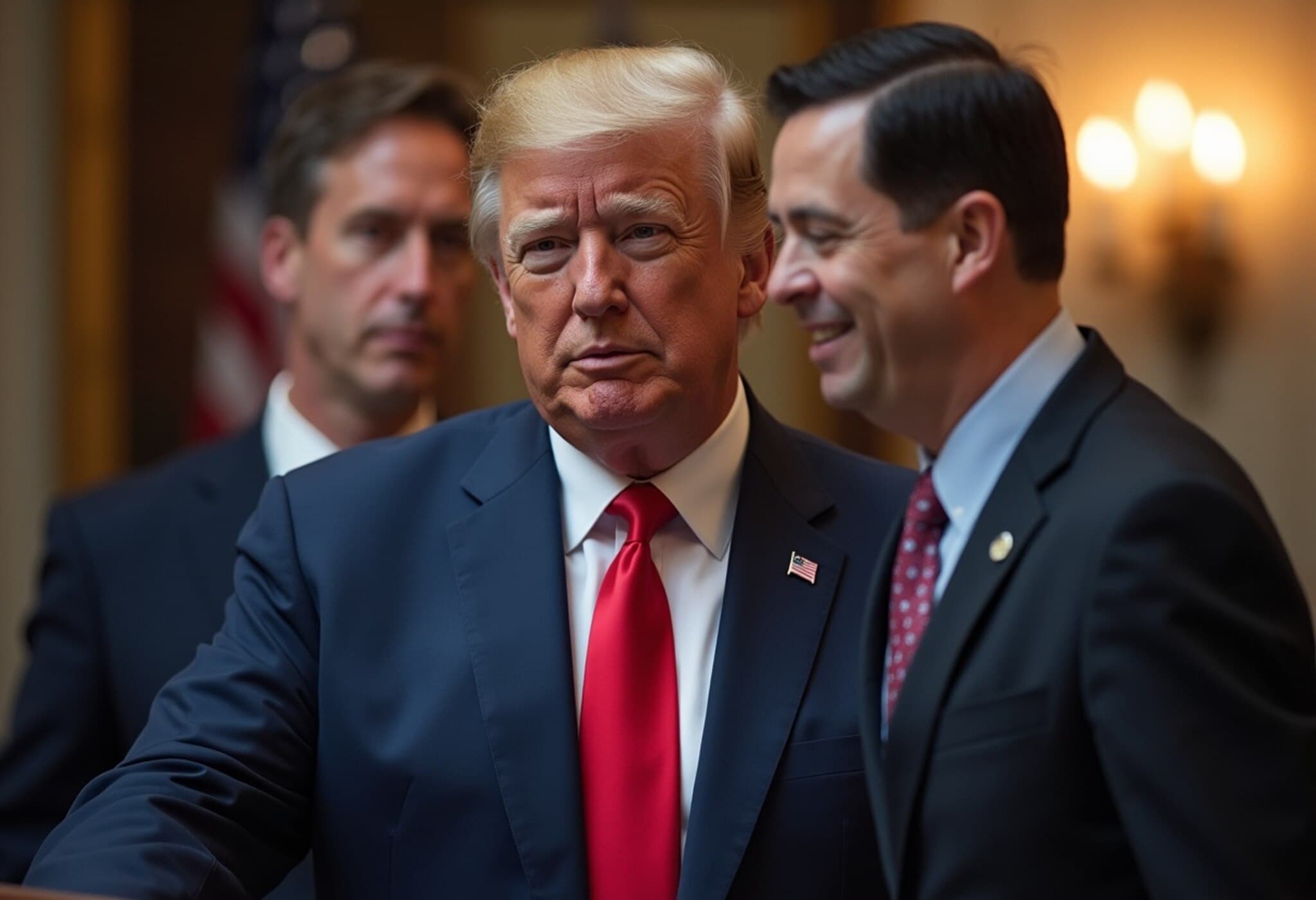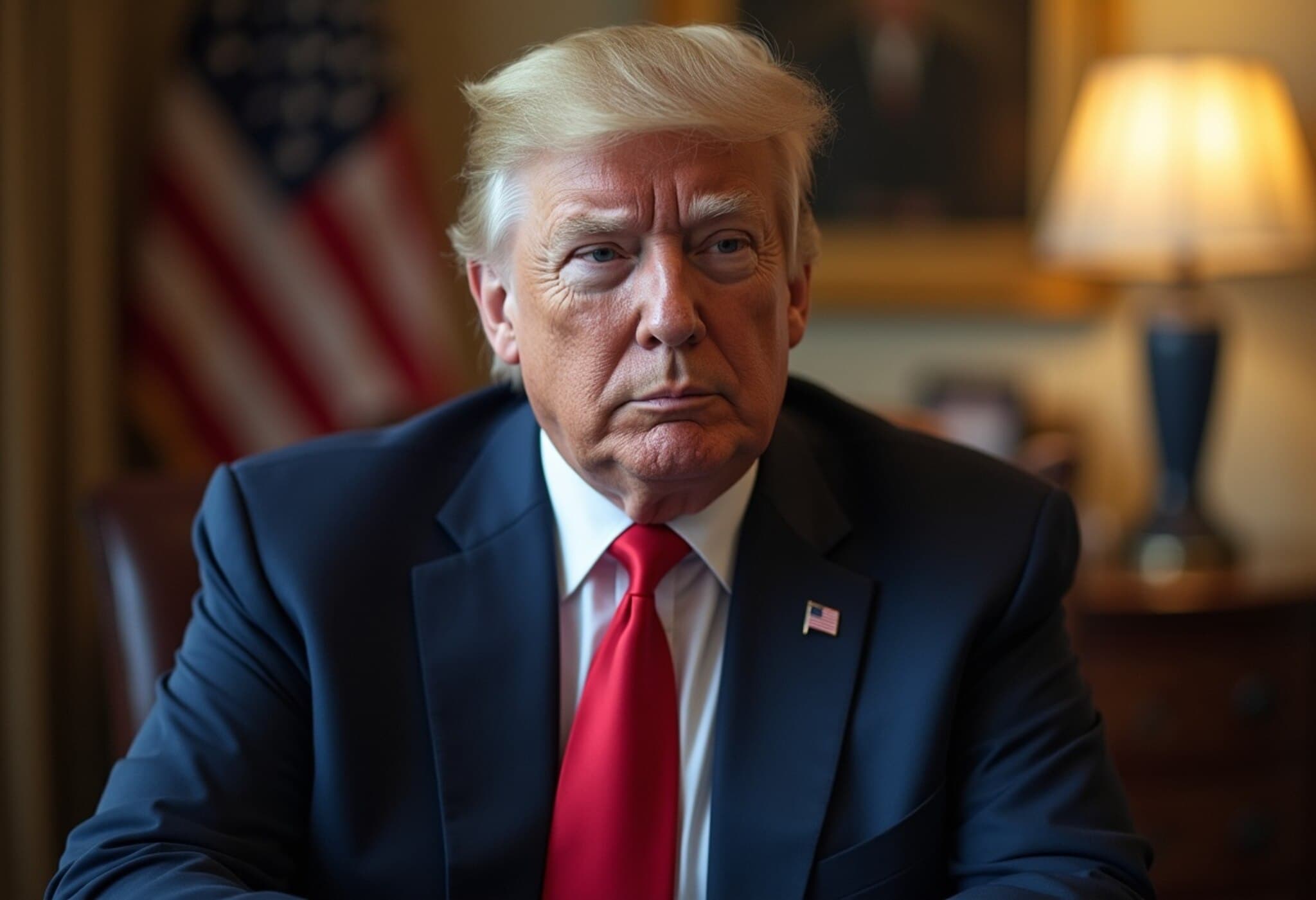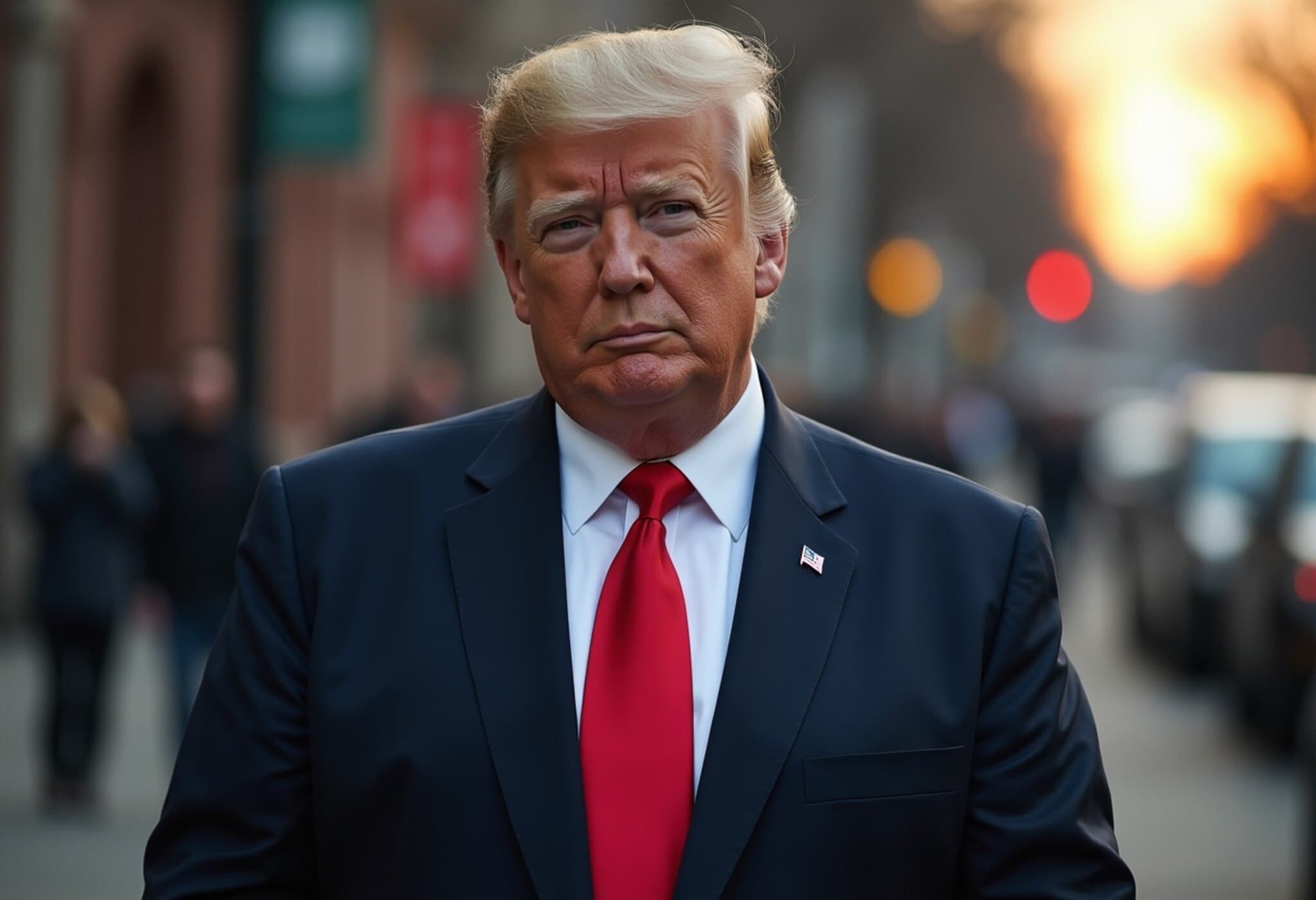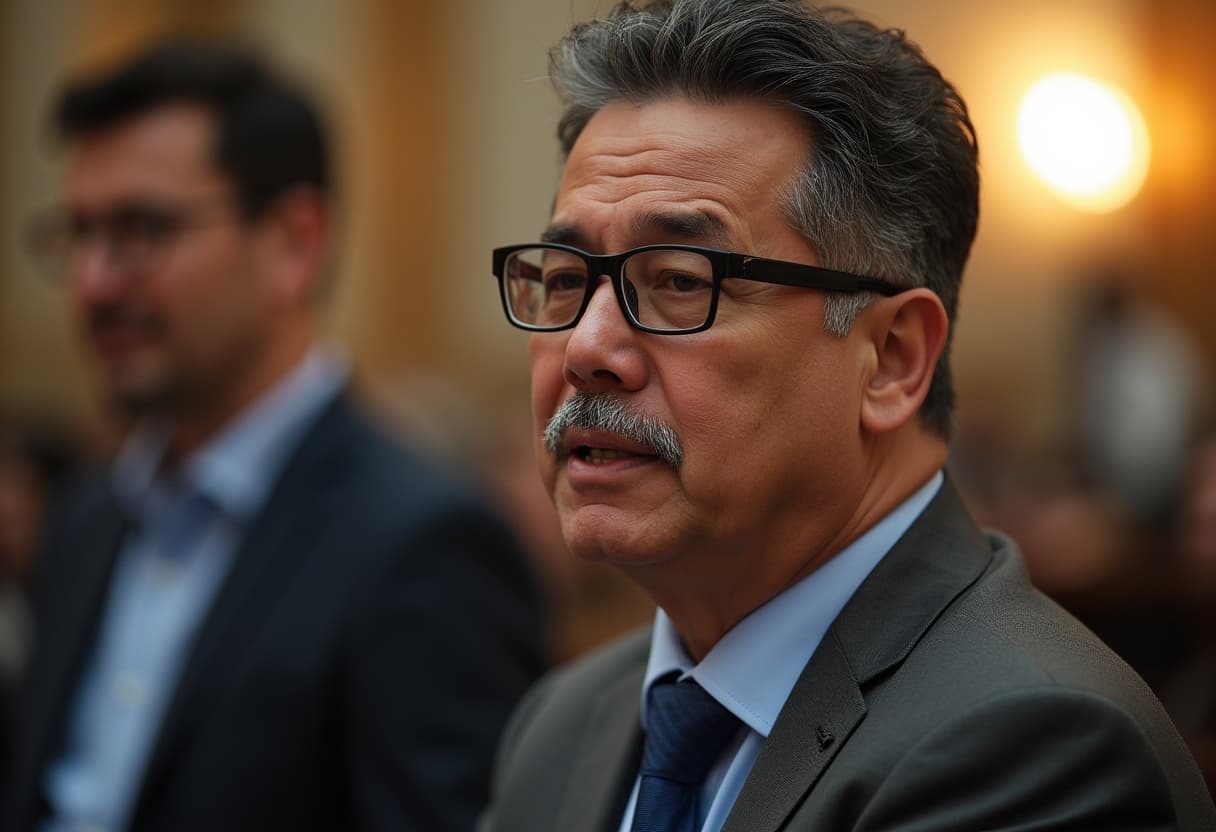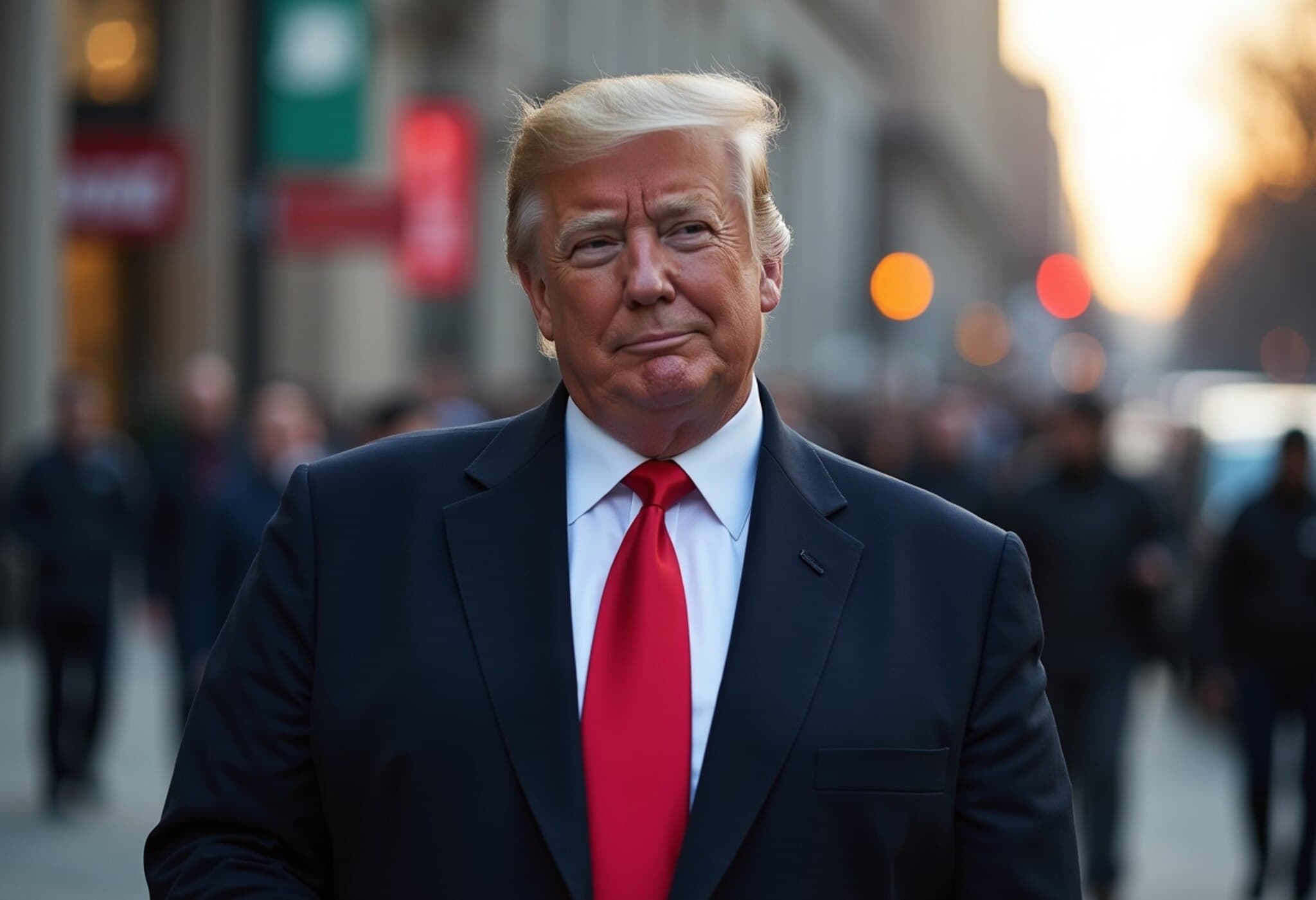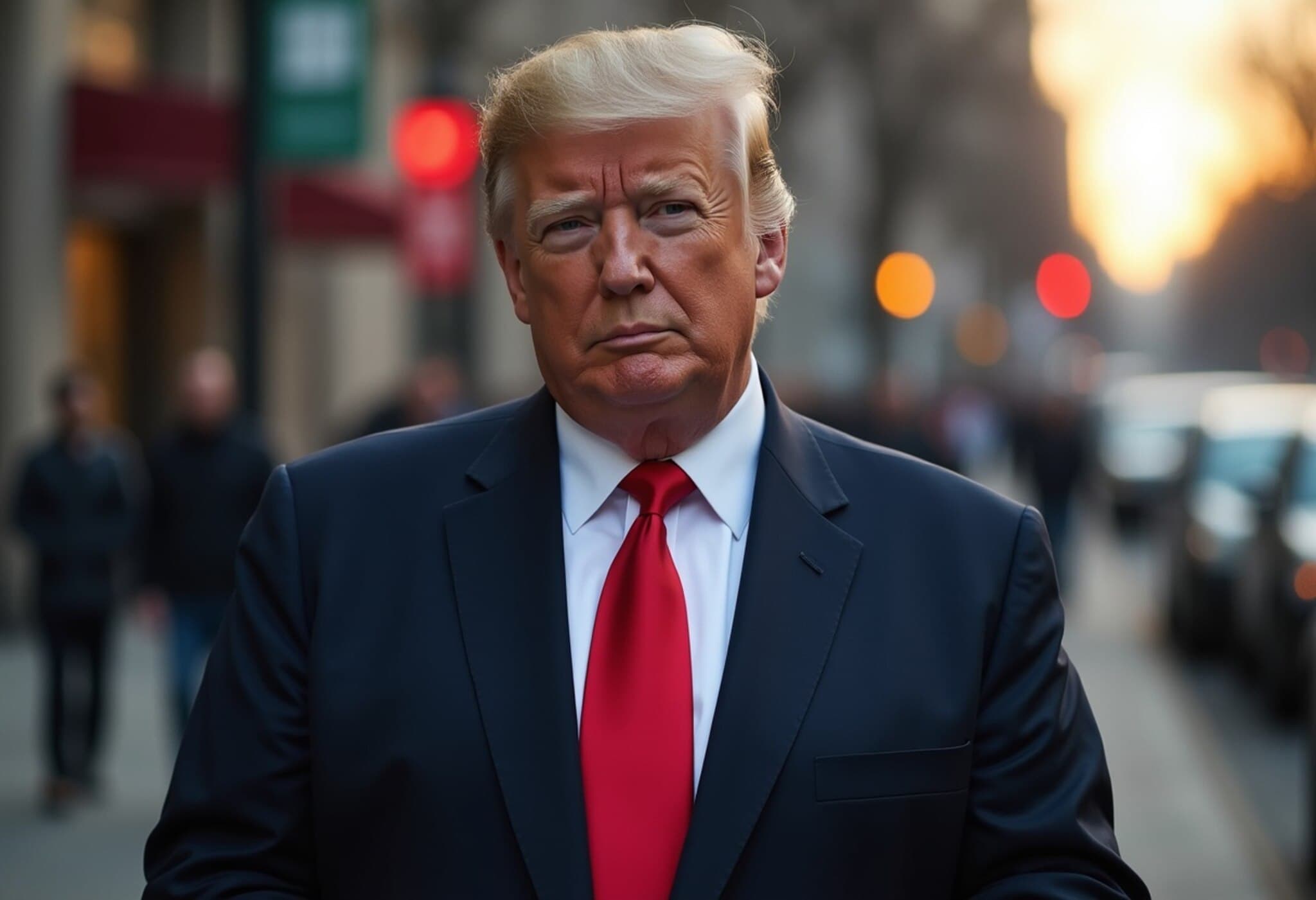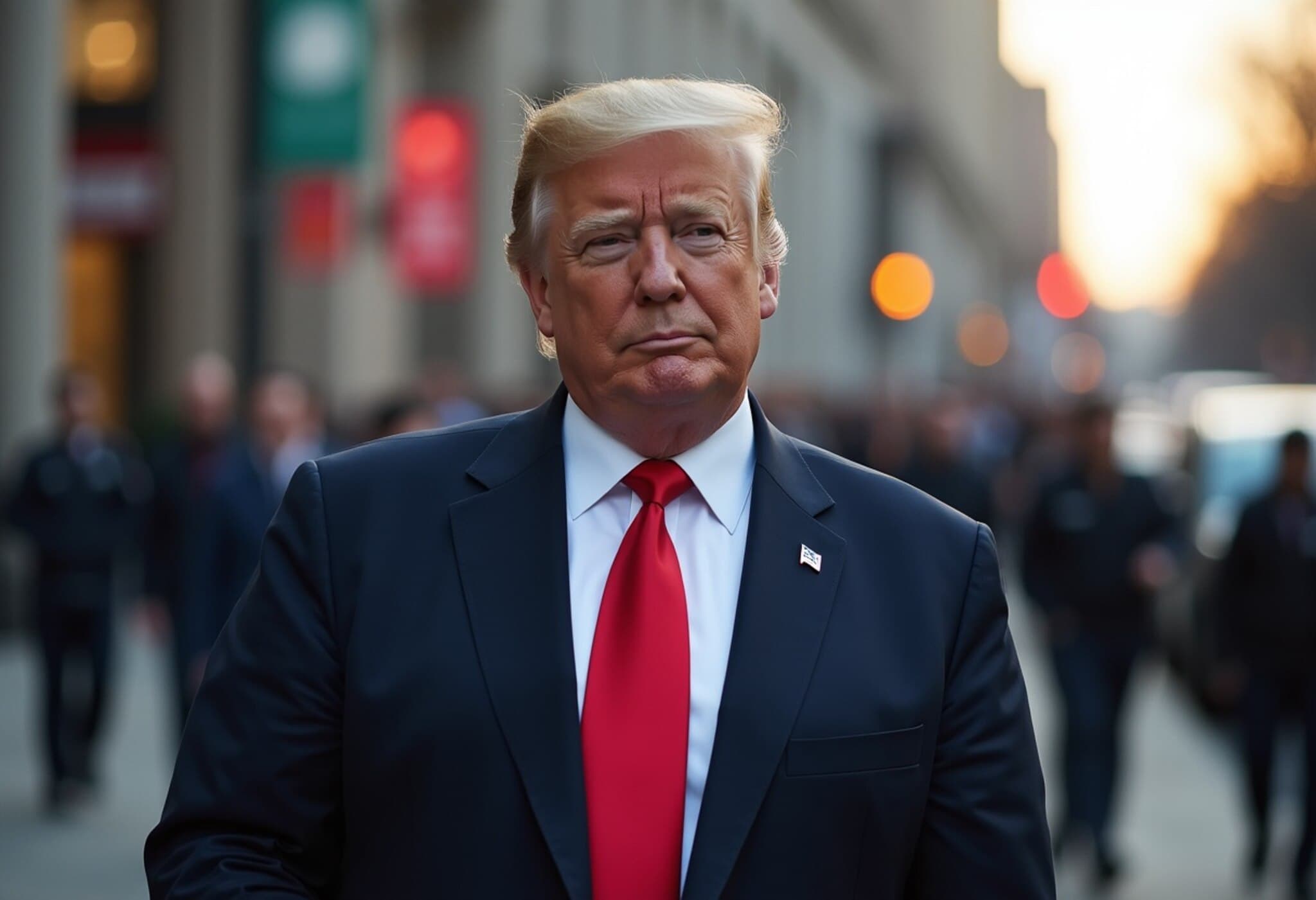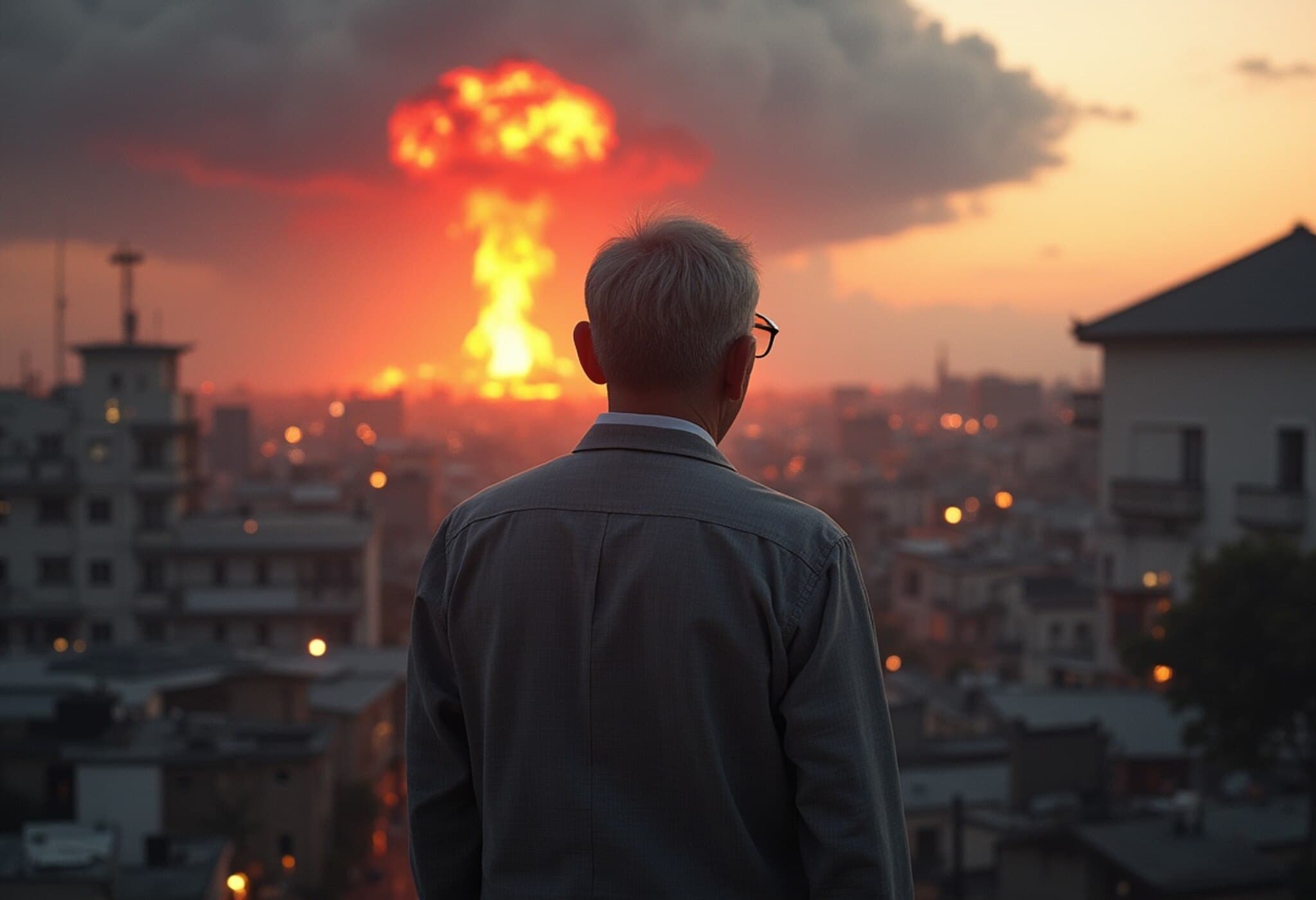Trump Signals Strong Support for Vice President JD Vance Over 2028 GOP Nomination
In a significant development within the Republican Party, former U.S. President Donald Trump publicly suggested that Vice President JD Vance is "most likely" to be his heir apparent and the leading candidate for the Republican presidential nomination in 2028. This marks the clearest endorsement Trump has offered for a future GOP contender yet.
Backing Vance and a Possible Ticket with Marco Rubio
Responding to reporters’ questions on Tuesday, Trump described Vice President Vance as the natural successor within the Make America Great Again (MAGA) movement he has championed since his initial presidential bid. "Well, I think most likely," Trump stated, further adding, "In all fairness, he's the vice president," implicitly affirming Vance's role as his direct political heir.
In addition, Trump floated the possibility of a 2028 Republican ticket pairing Vice President Vance with U.S. Secretary of State Marco Rubio. Rubio, a former Florida senator and key member of Trump's administration, has earned recognition for handling complex foreign policy portfolios, simultaneously serving as both Secretary of State and National Security Advisor—the first to do so since Henry Kissinger.
The Strategic Weight of Trump’s Endorsement
While the 2028 presidential election is still over three years away, Trump’s enormous sway over the Republican base means any indication of his preferred candidate can heavily influence early nomination dynamics and fundraising efforts. This endorsement represents a shift from his previous reluctance to name successors explicitly. Back in February, Trump acknowledged Vance’s "very capable" leadership but stopped short of declaring him the frontrunner.
JD Vance, 40, a one-time Marine and bestselling author of Hillbilly Elegy, has carved out a prominent role within the Trump administration. His position as Vice President and his active involvement in promoting Trump’s domestic and foreign policies have elevated his profile as a seasoned diplomat and political strategist.
Contextual Insight: What This Means for GOP and American Politics
- Internal GOP Dynamics: Trump's endorsement could consolidate factions within the GOP, rallying the MAGA wing around Vance and potentially sidelining other ambitious Republicans.
- Impact on Vance's Campaign Strategy: With Trump’s backing, Vance might gain early fundraising advantages and widen his appeal among voters nostalgic for Trump-era policies.
- Rubio’s Diplomatic Credentials: The suggested pairing with Rubio signals a strategic move to blend Trump's populist appeal with Rubio's foreign policy expertise, appealing to a broader electorate.
Political analysts caution, however, that the Republican landscape remains competitive and fluid, with other figures likely to emerge as 2028 approaches. The alliance hinted between Vance and Rubio could redefine the party’s approach to both domestic priorities and international relations.
Underreported Angle: The Role of Youth and Military Service
Vance’s relative youth and military background are noteworthy, particularly as the GOP seeks to rejuvenate its image and attract younger voters while maintaining its core supporters. His profile contrasts with some traditional candidates, potentially giving him an edge in connecting with veterans and middle America – demographics critical in swing states.
Editor’s Note
Trump’s move to openly endorse Vice President JD Vance as the “most likely” Republican nominee in 2028 signals evolving power dynamics within the GOP. It also highlights the enduring influence Trump holds over the party’s future direction. As political strategists and voters alike watch closely, key questions remain: How will this endorsement shape the primaries? Can Vance and Rubio’s potential partnership unify the party’s divergent factions? And what does this mean for the broader trajectory of American politics in a post-Trump era?
Staying informed on these developments is critical for understanding the rapidly shifting landscape of U.S. presidential politics and the undercurrents shaping the upcoming election cycle.

